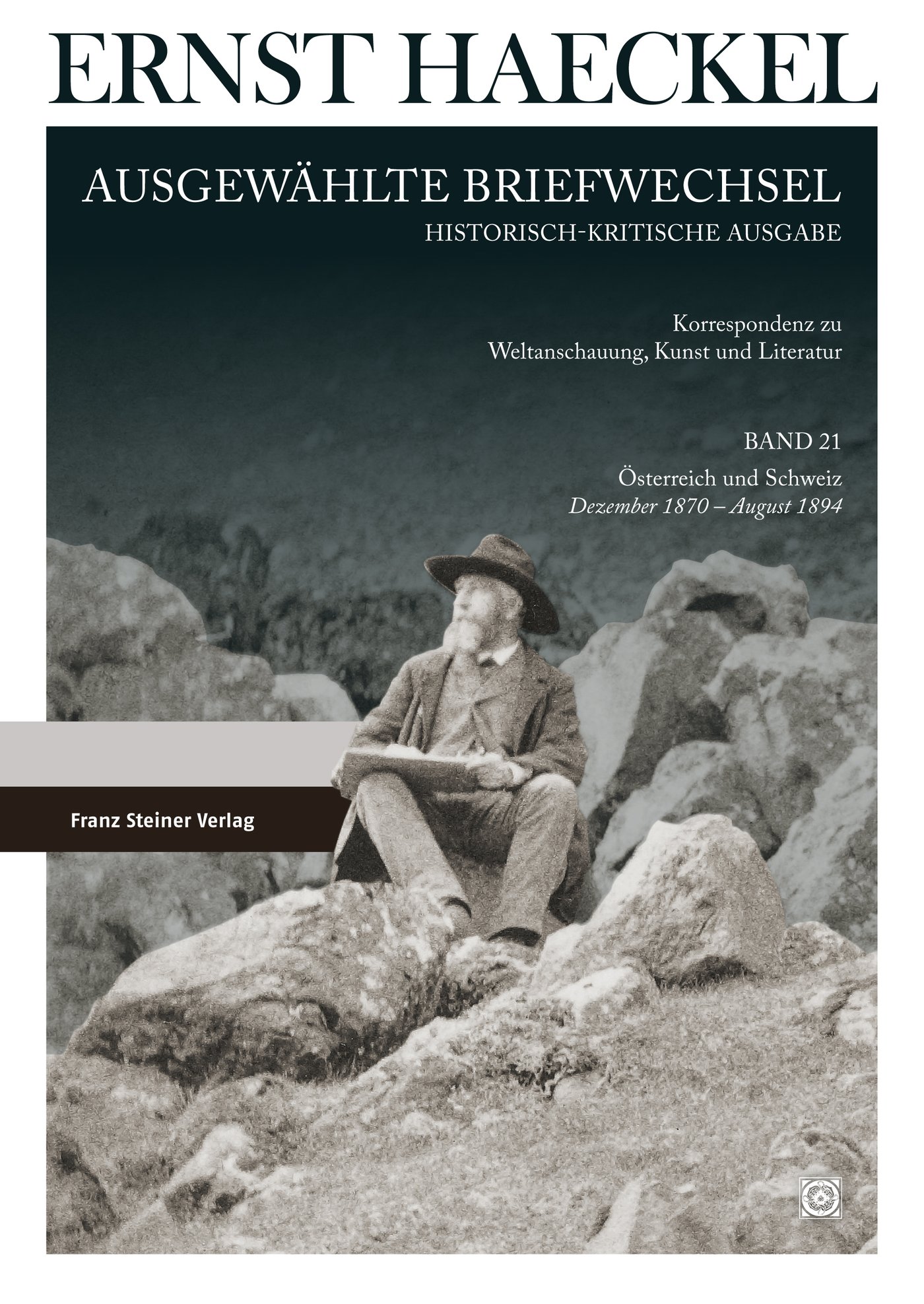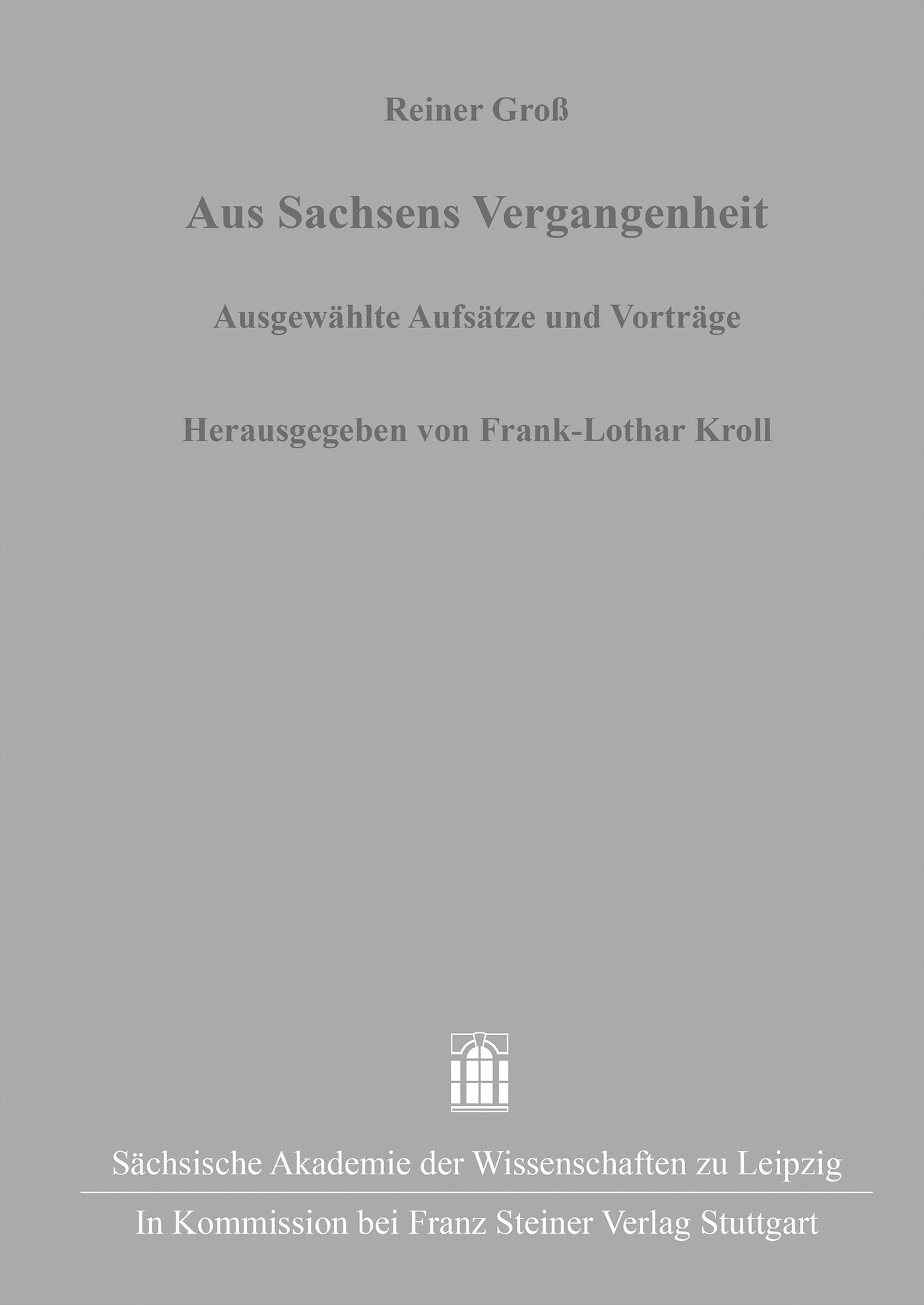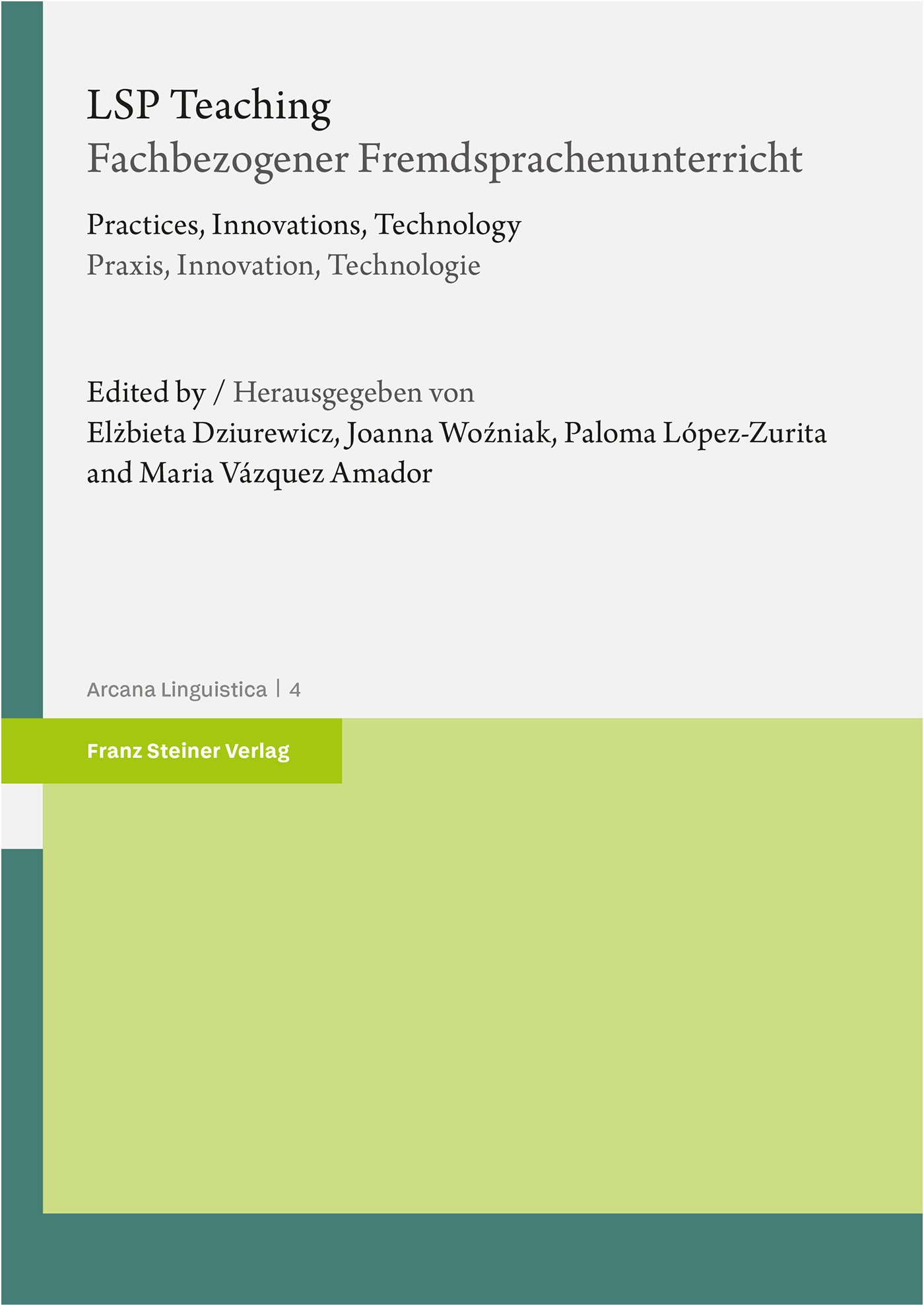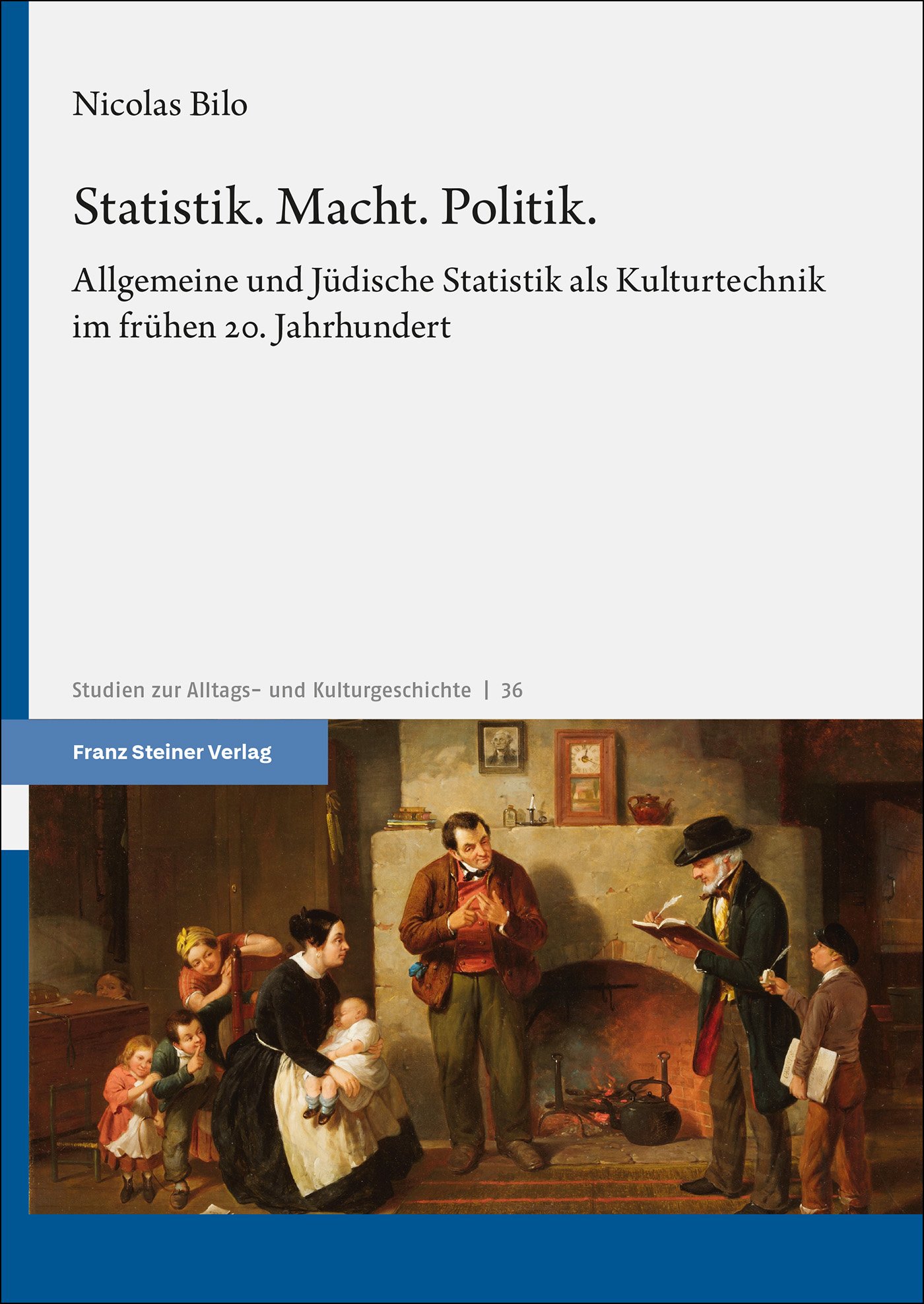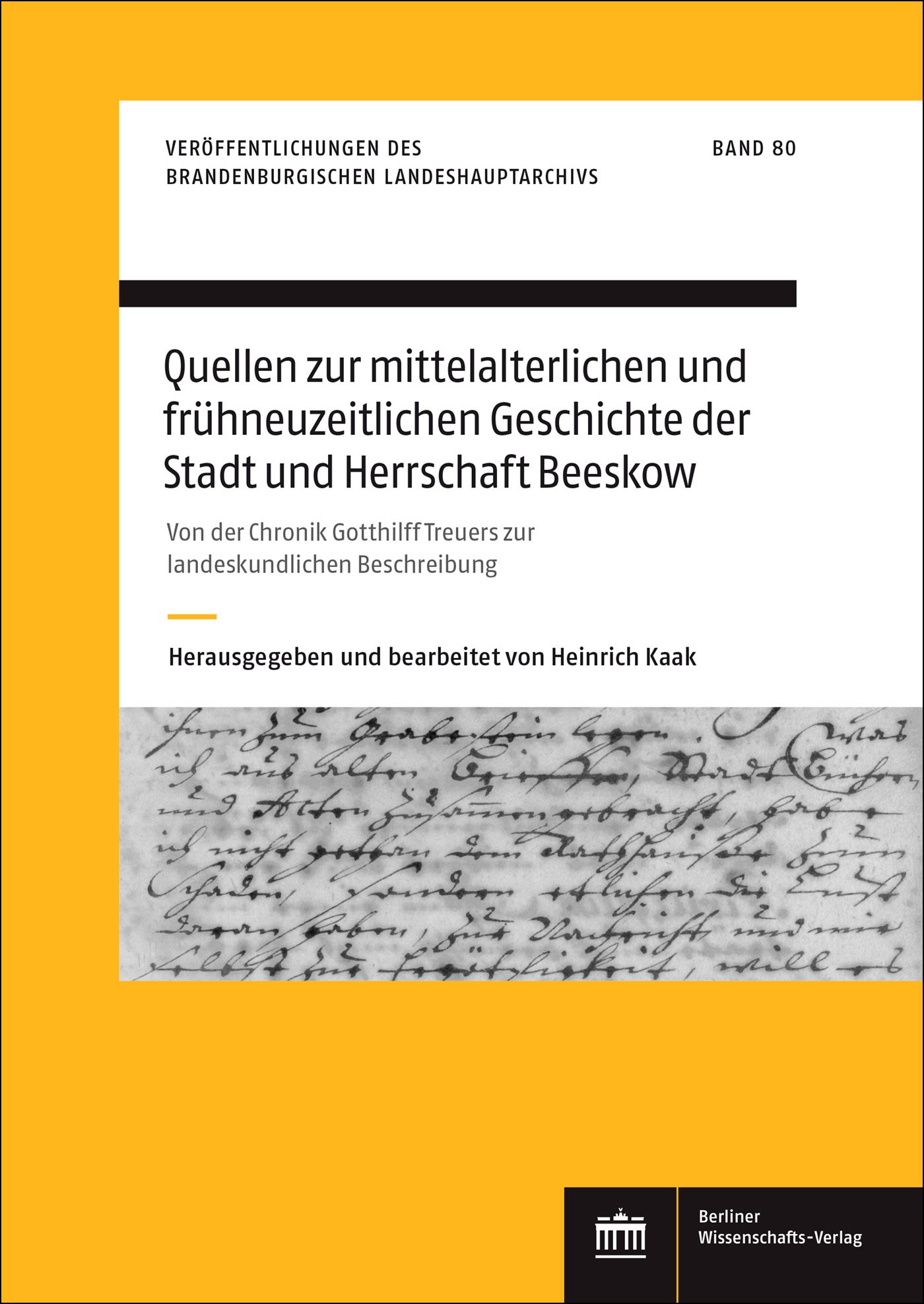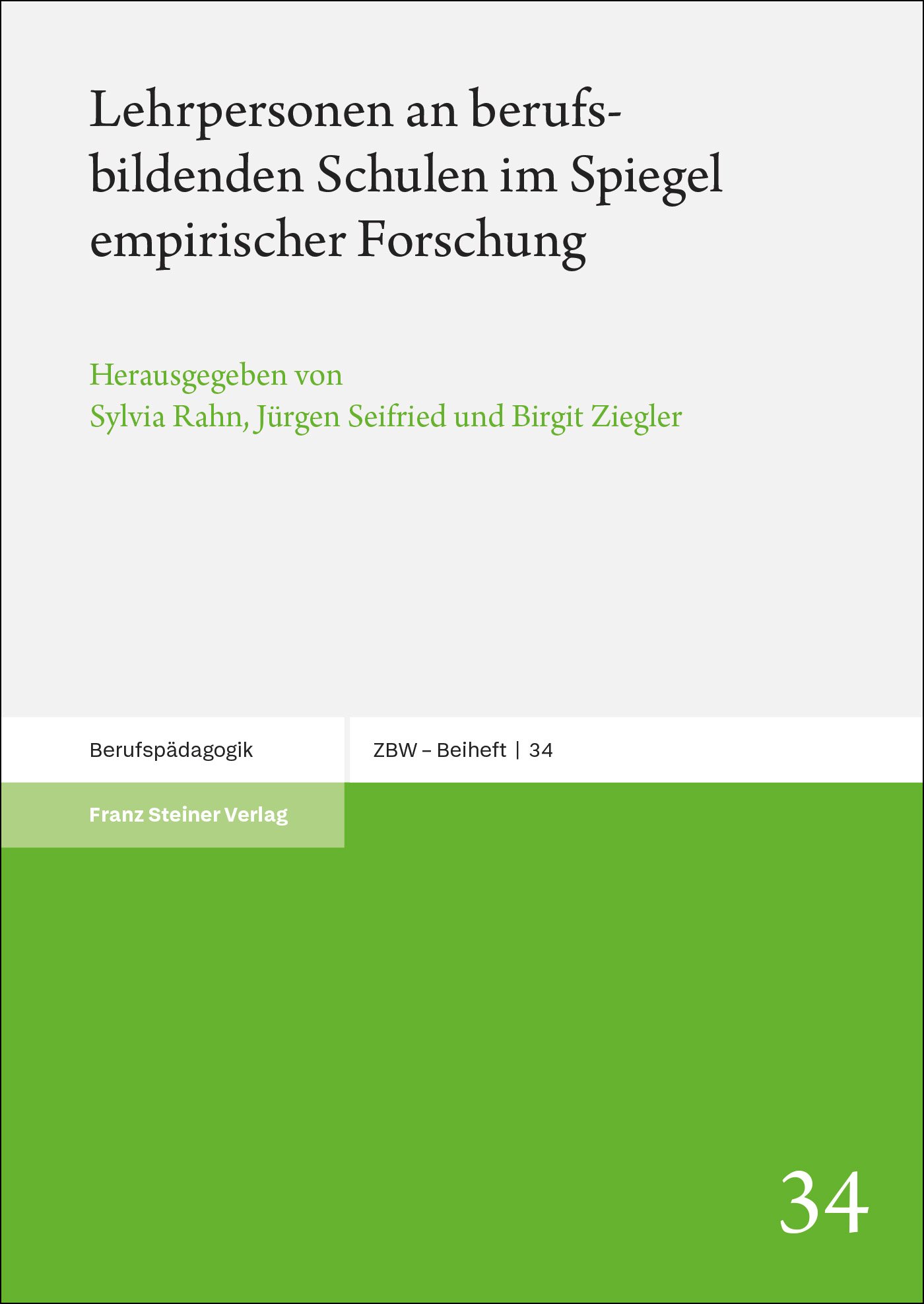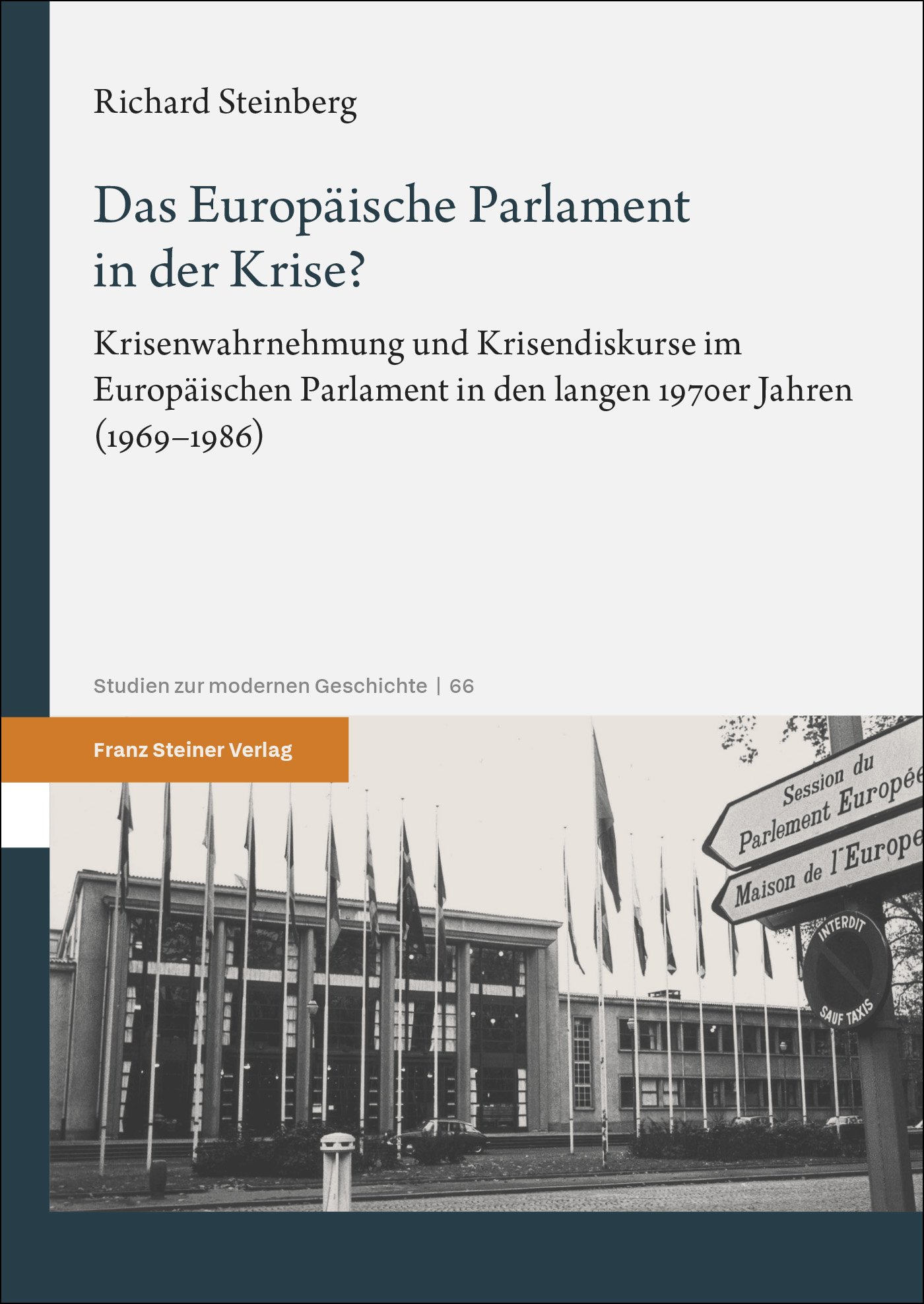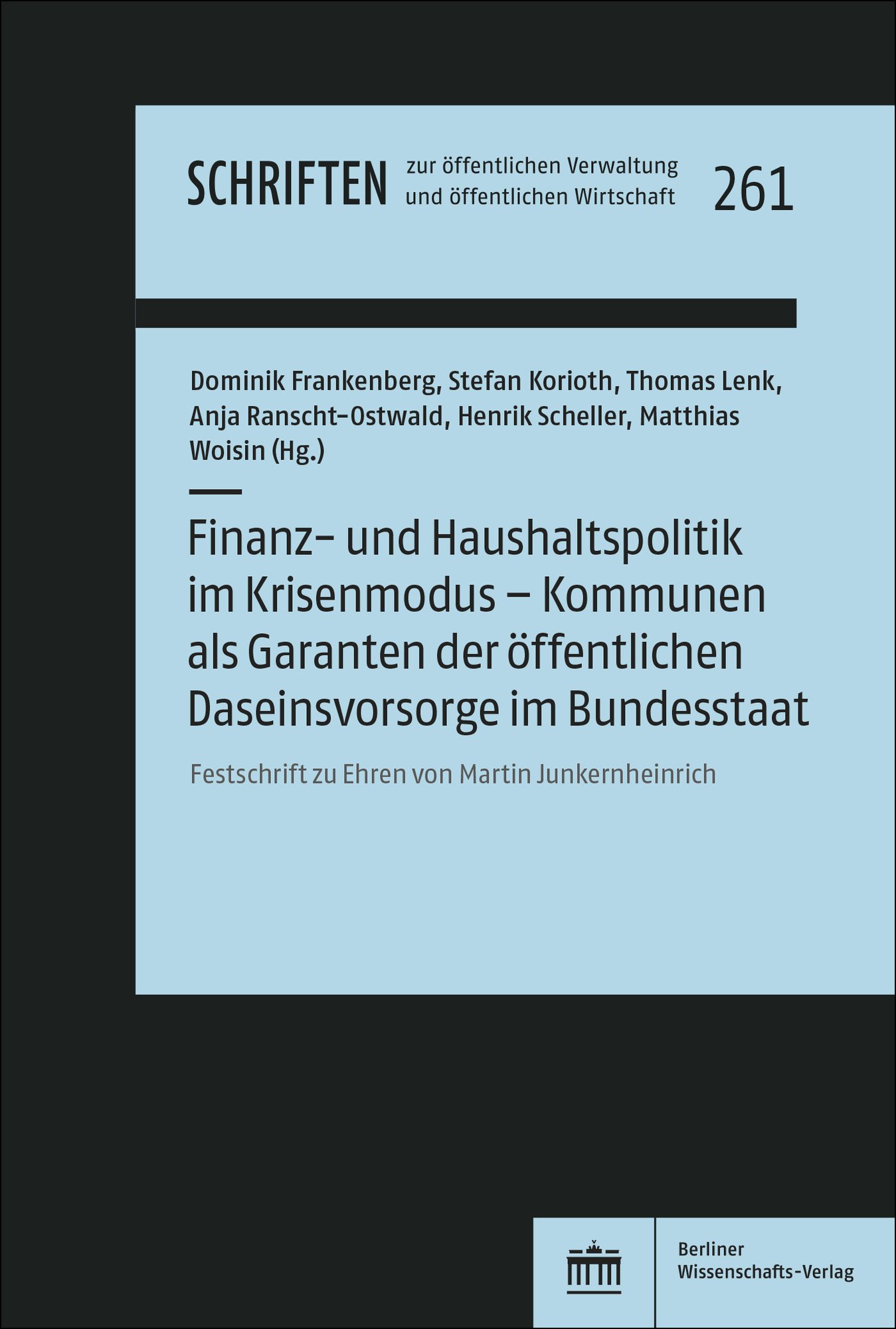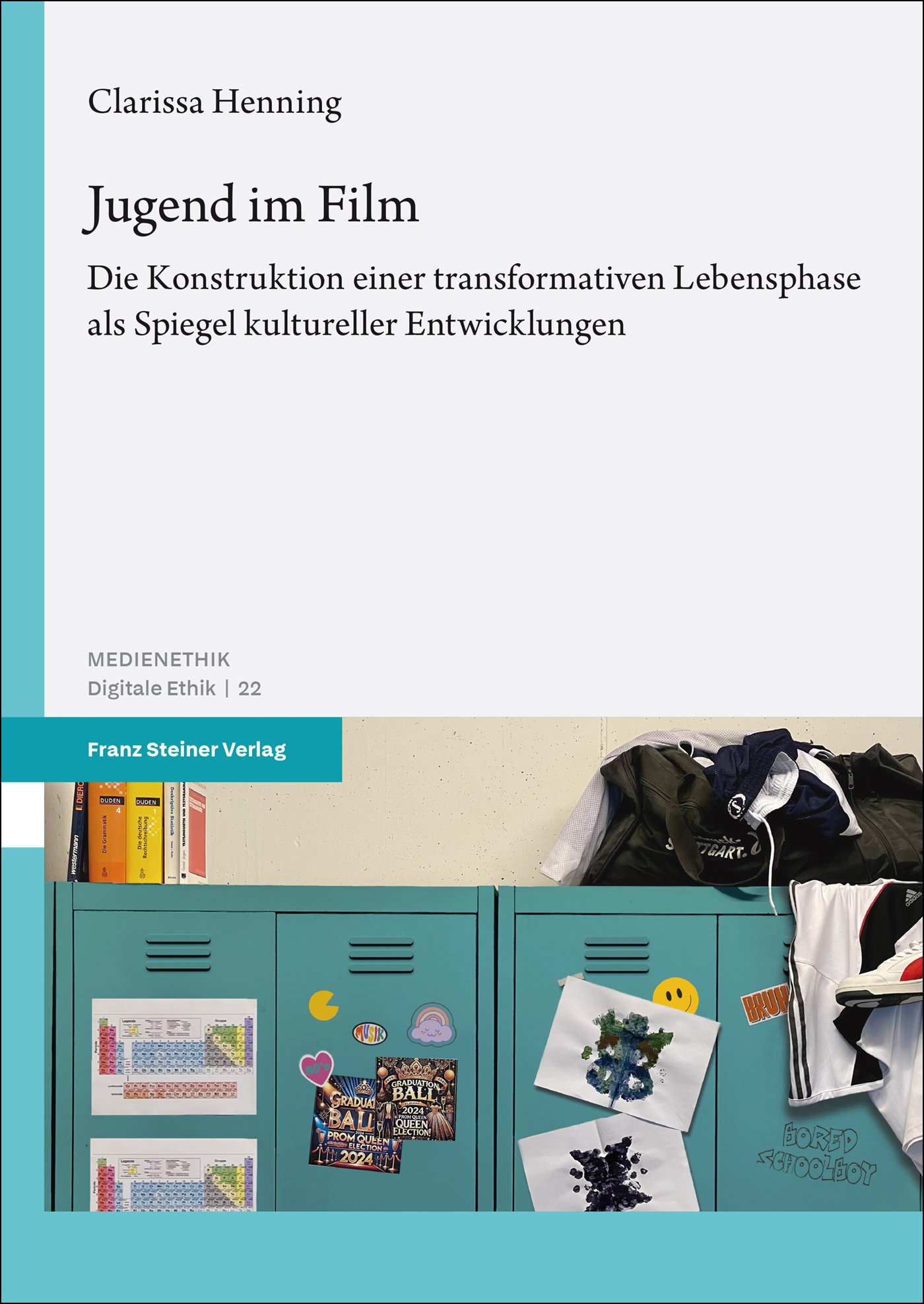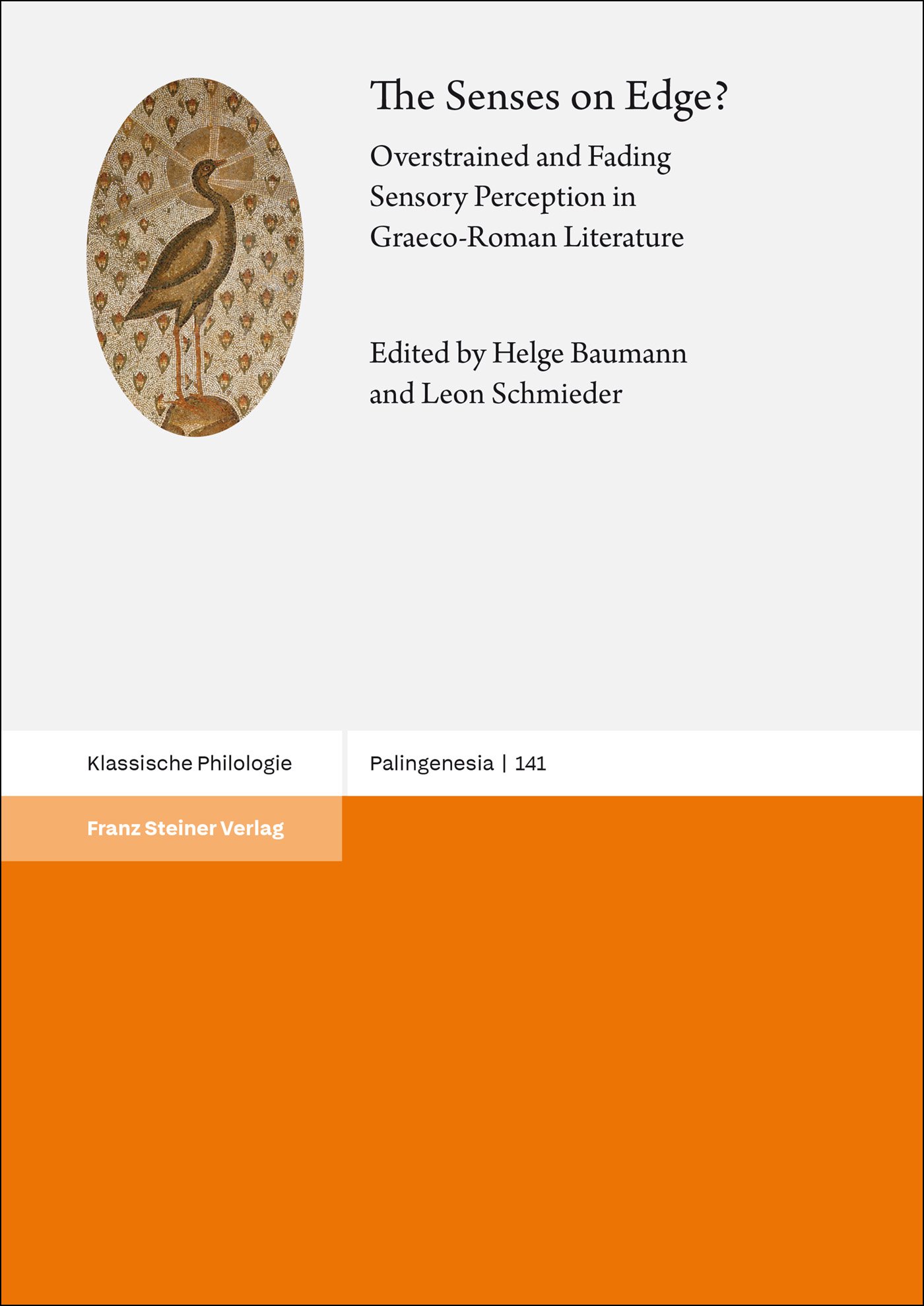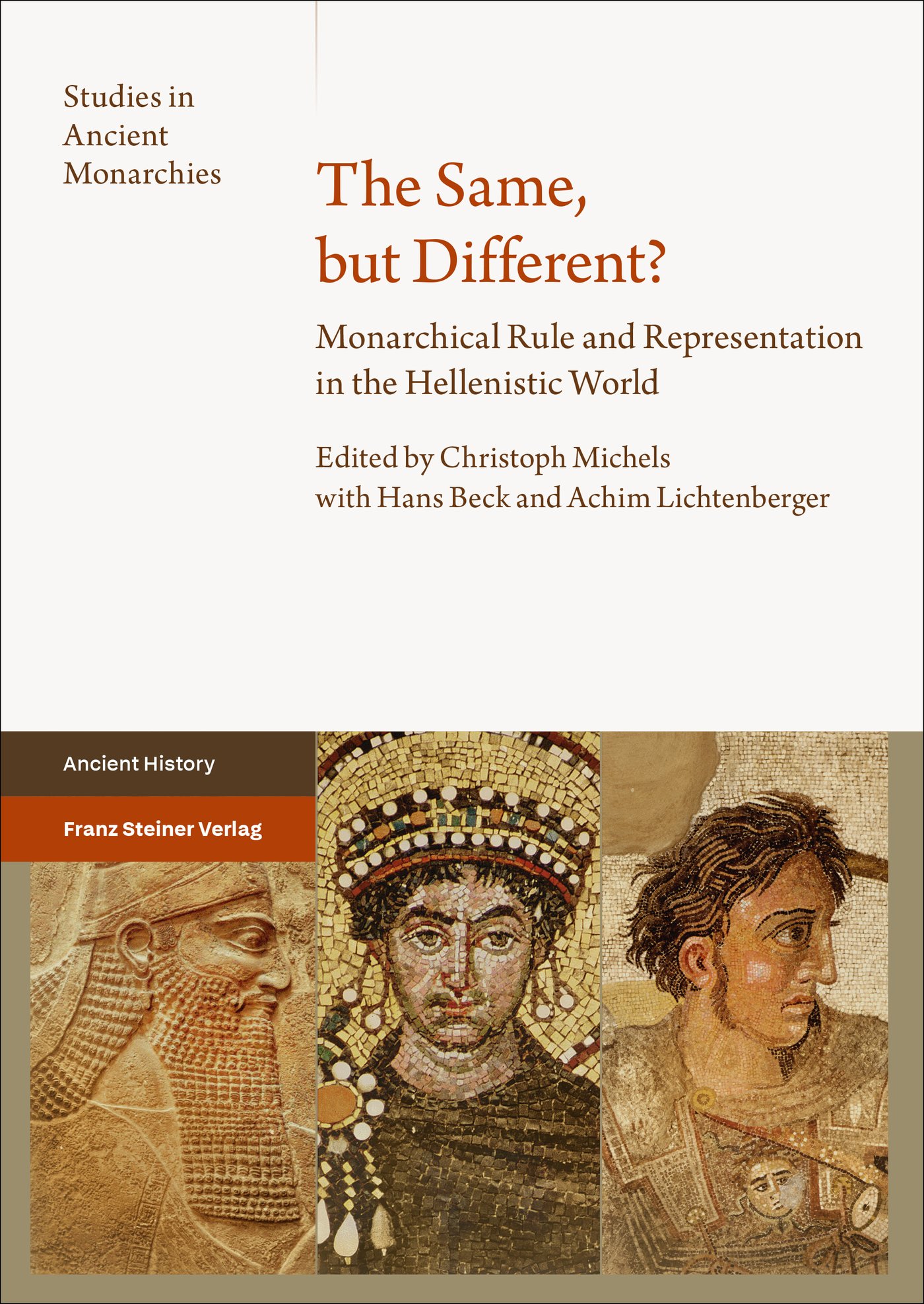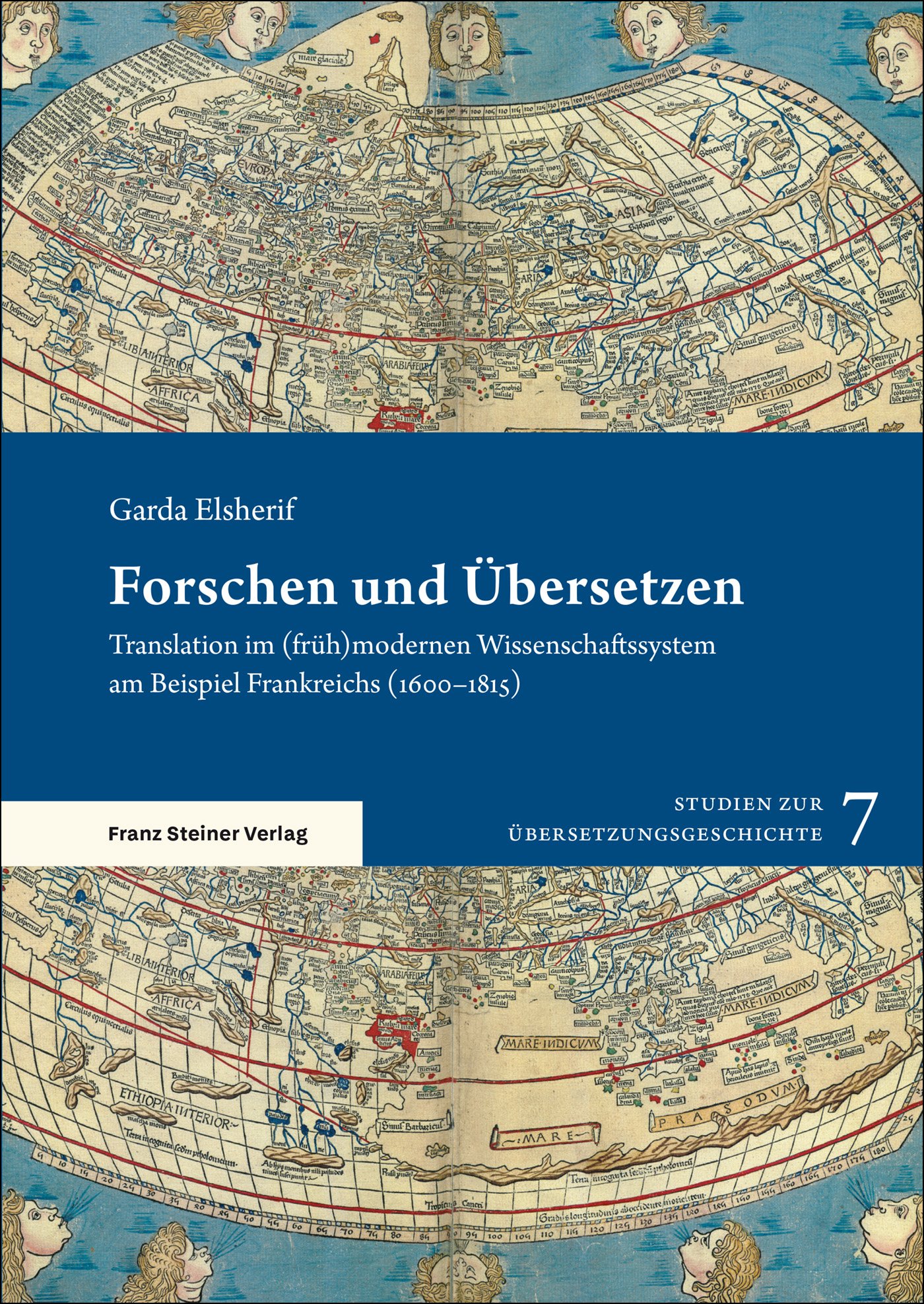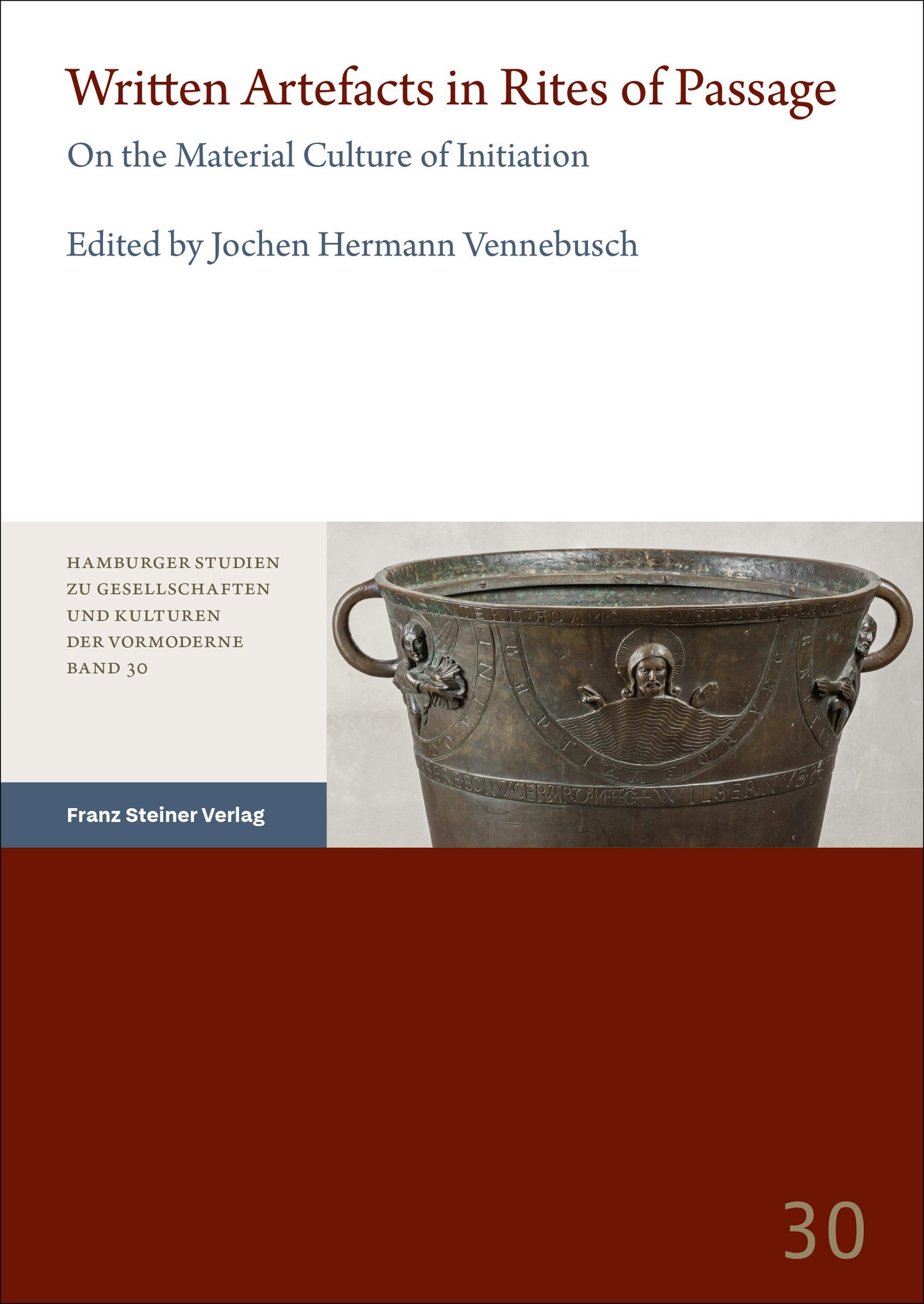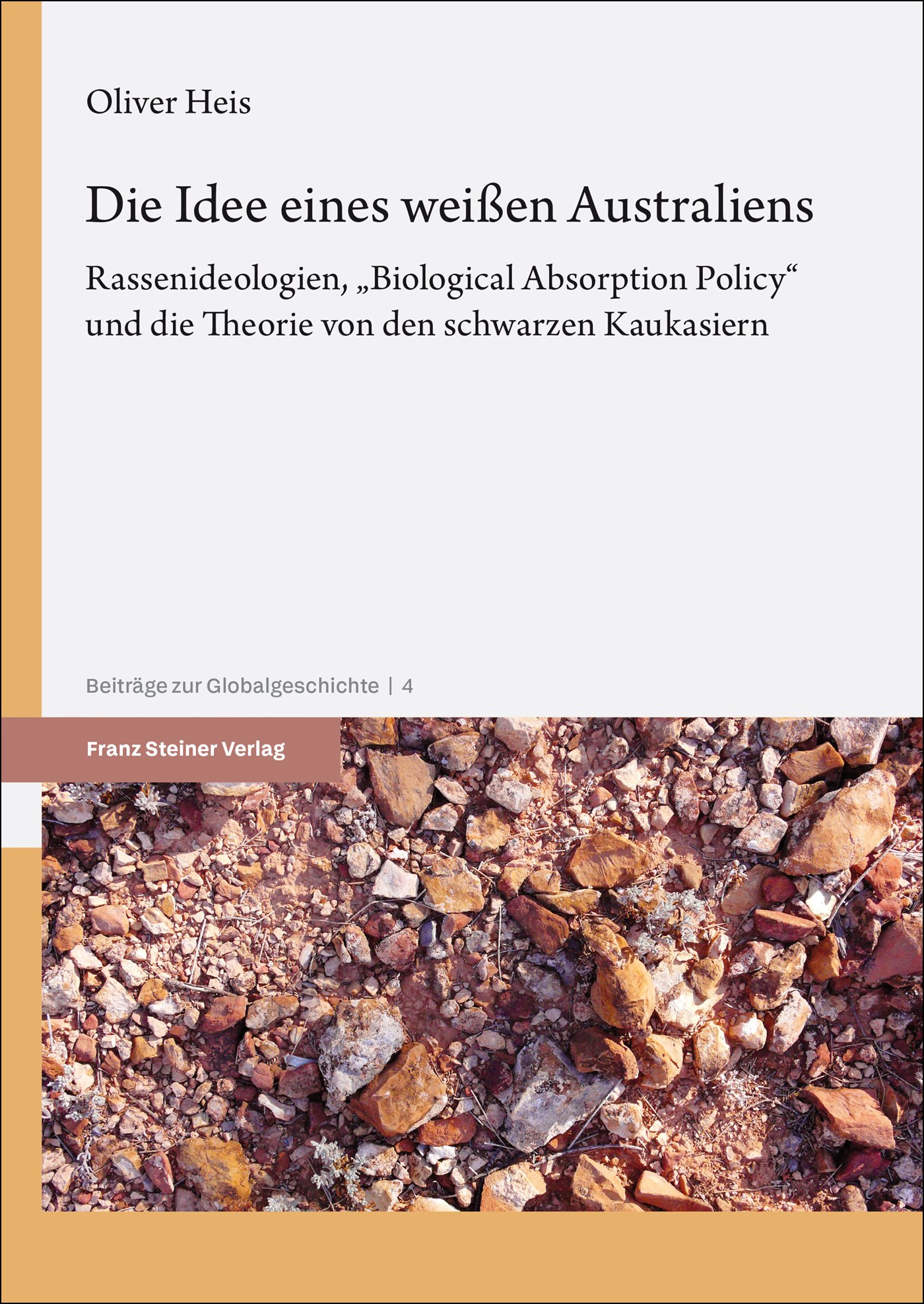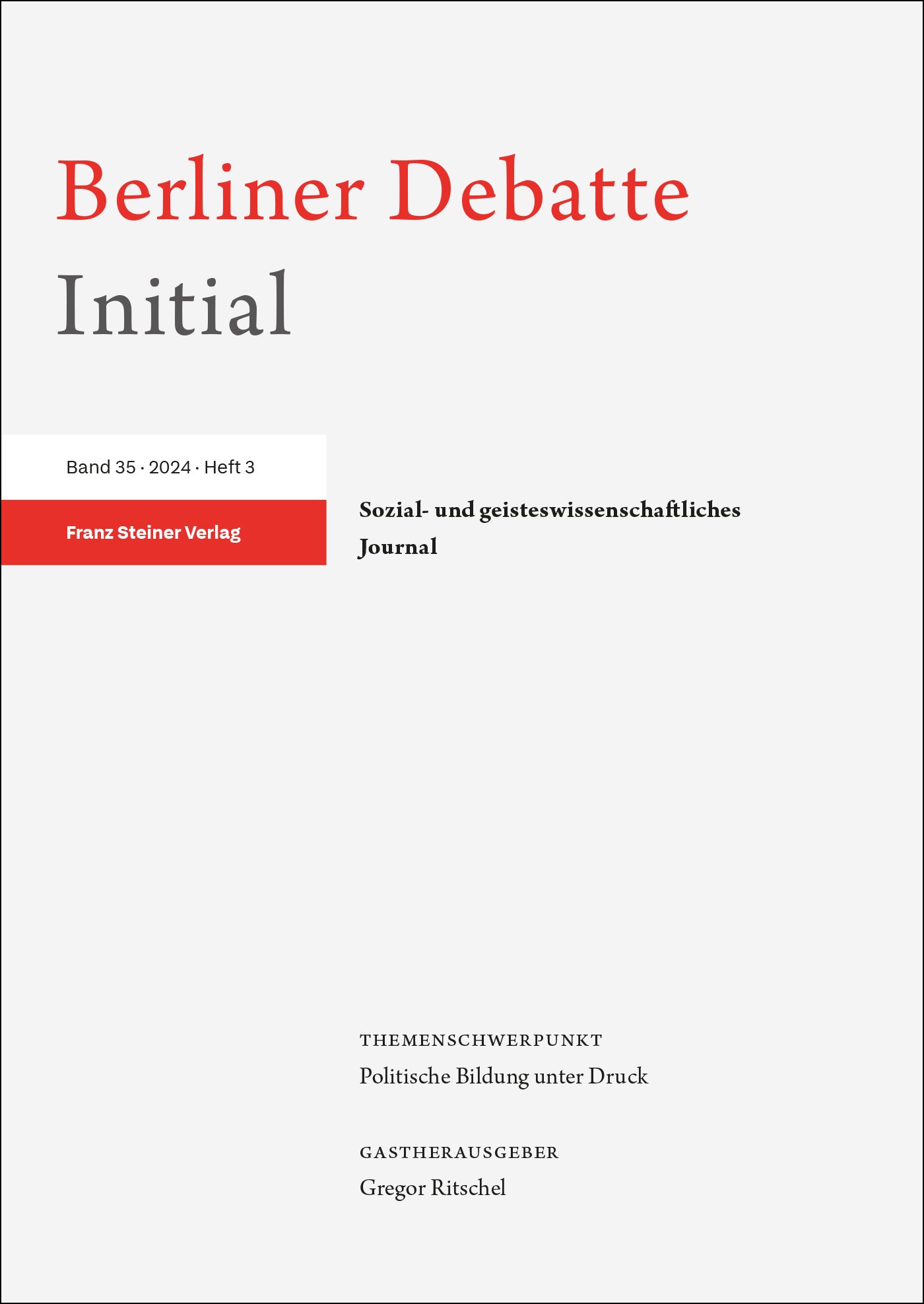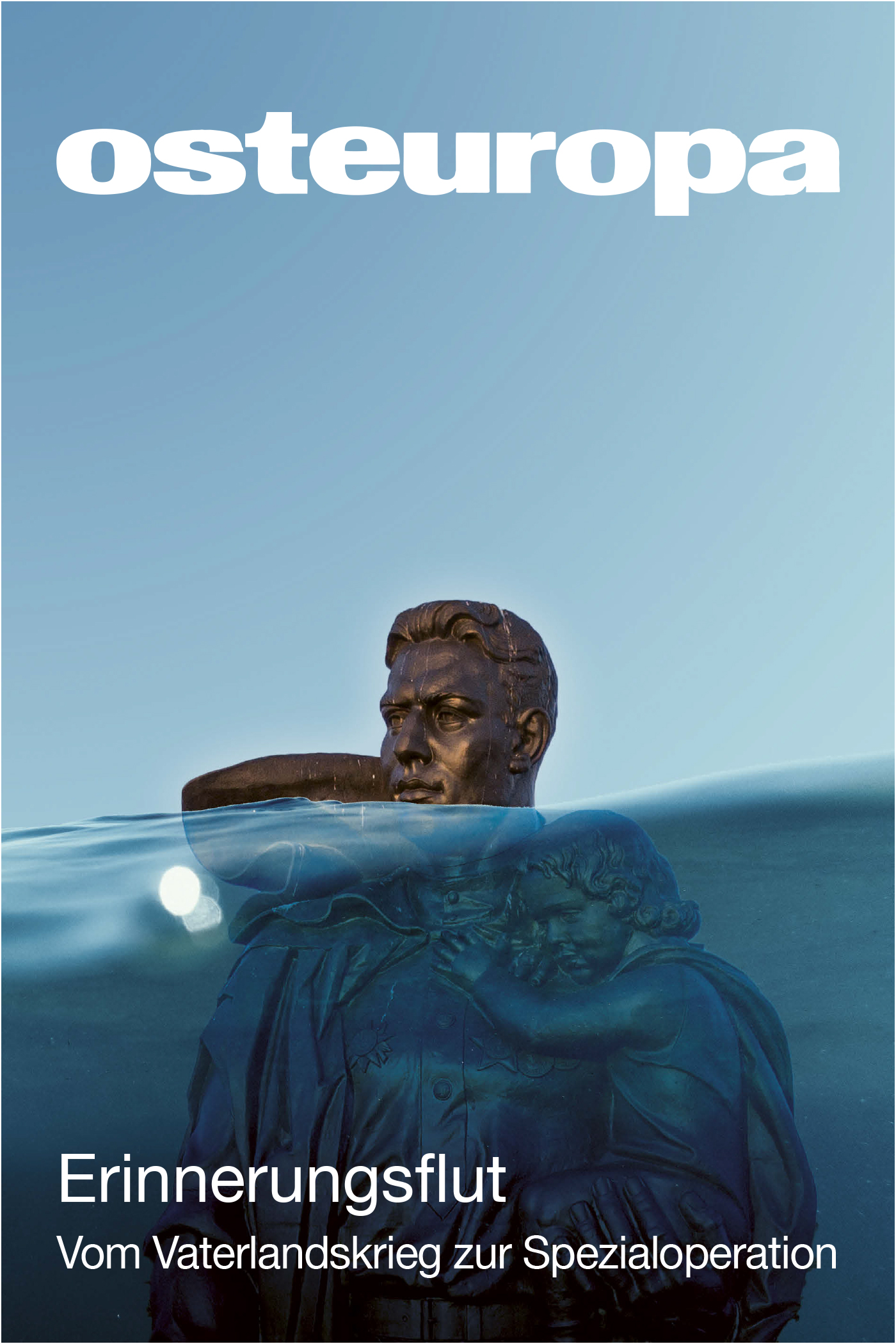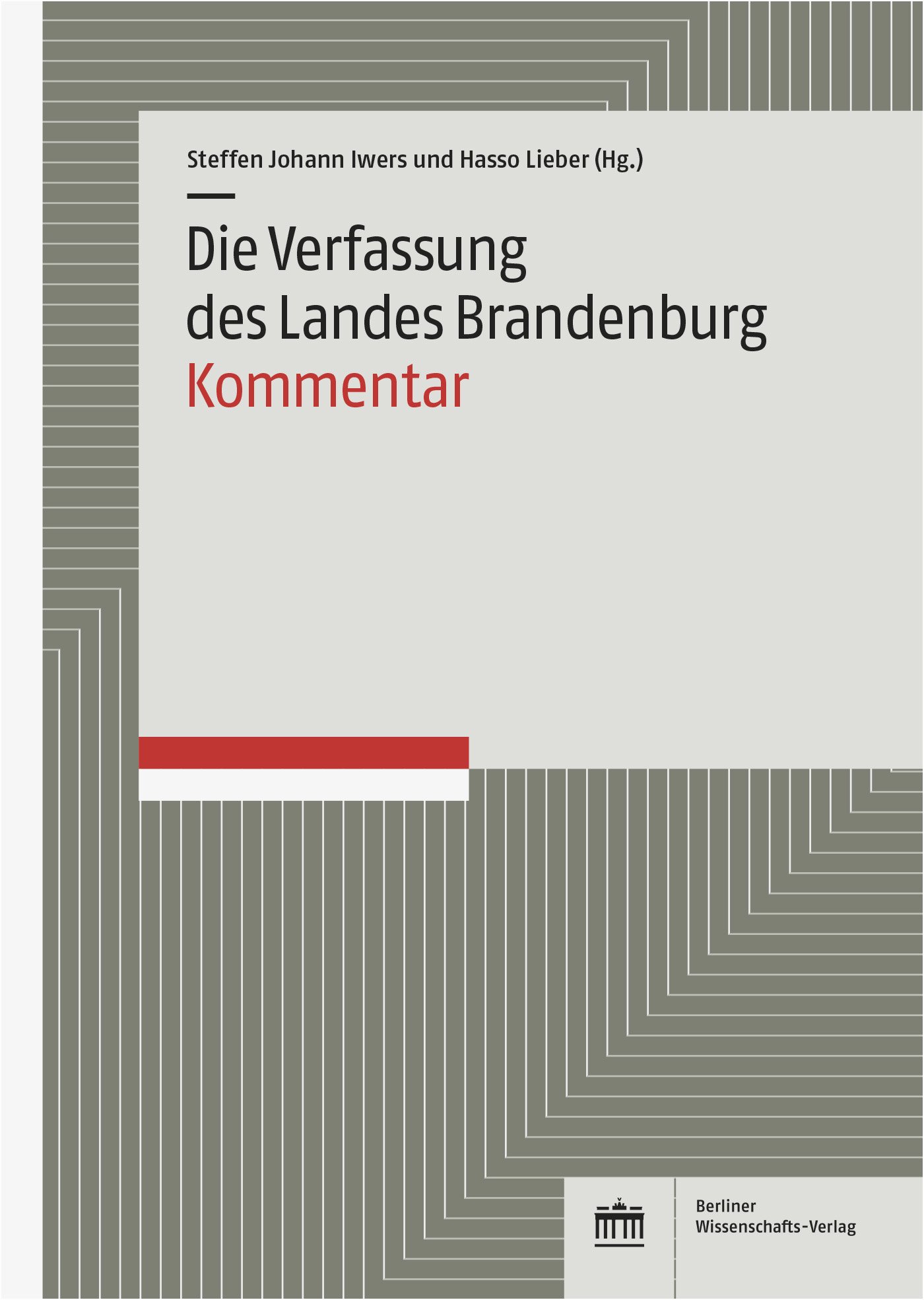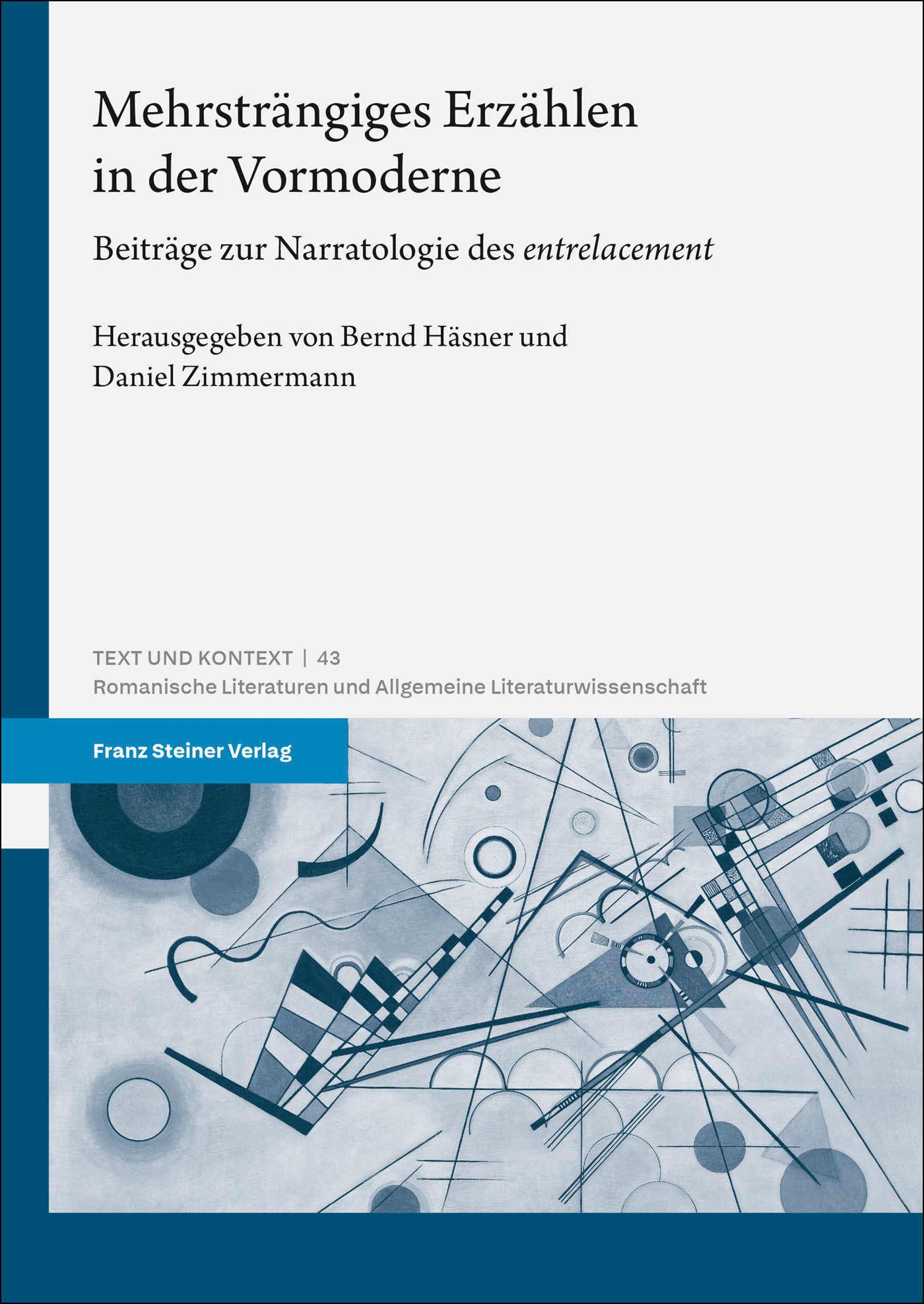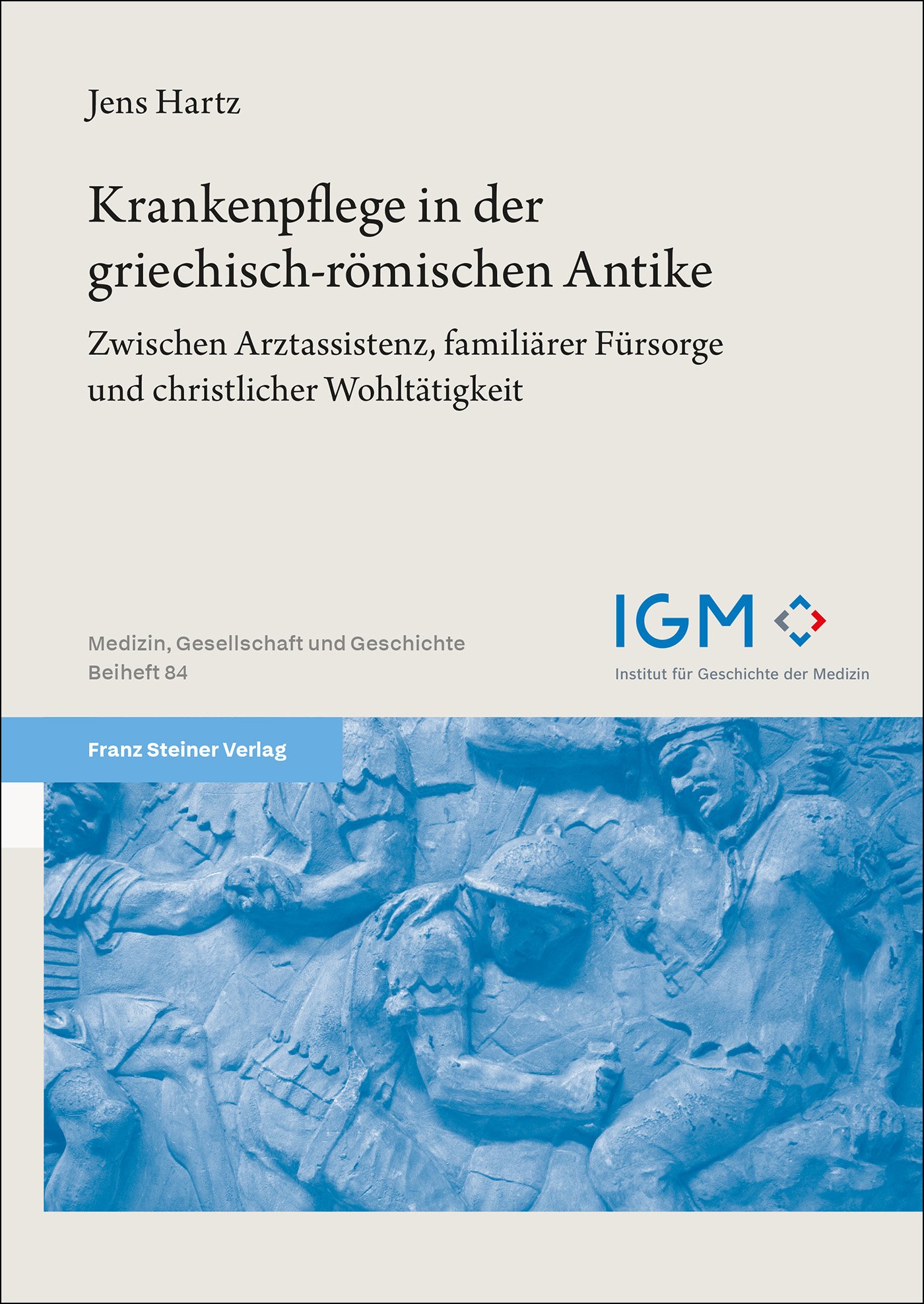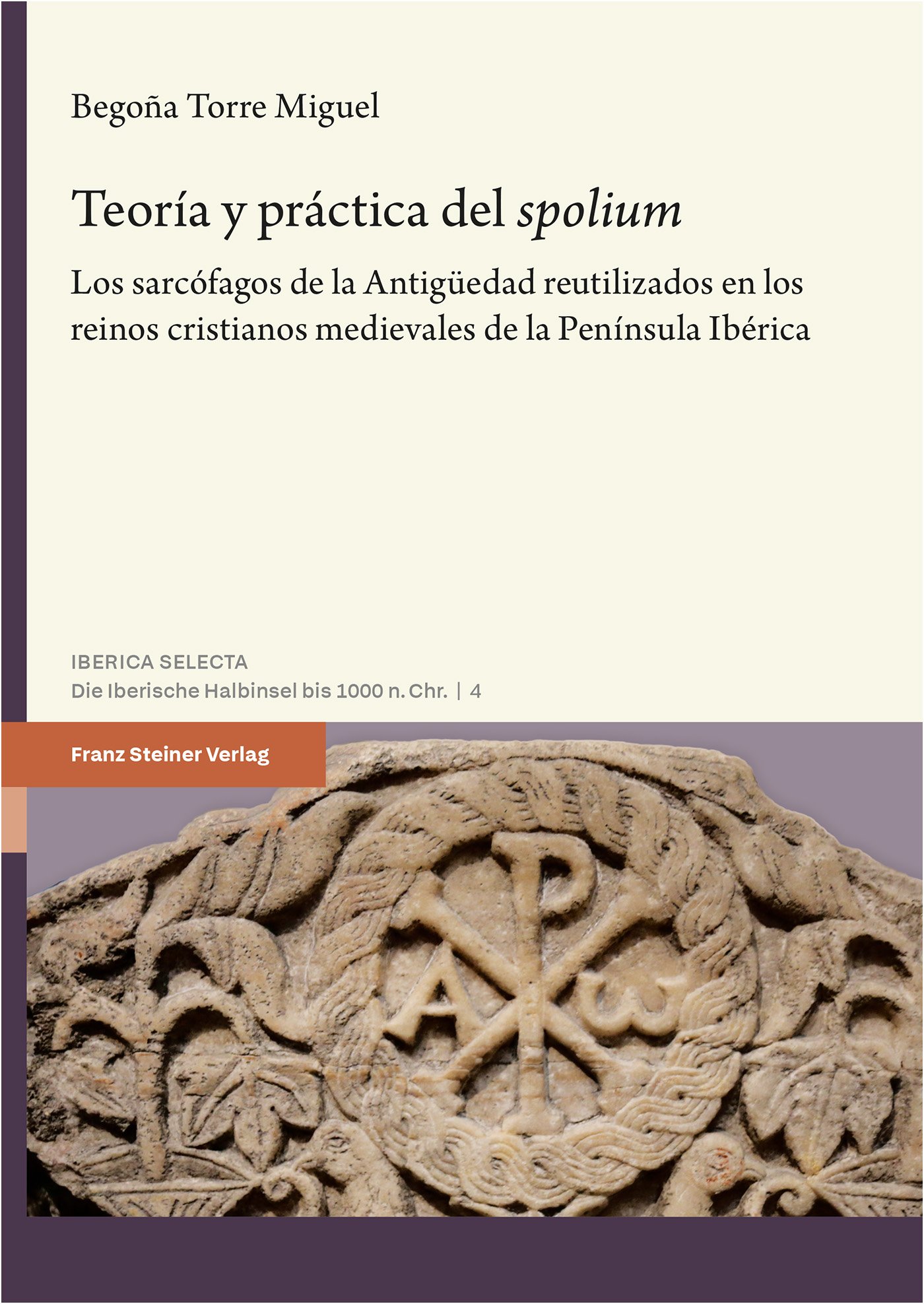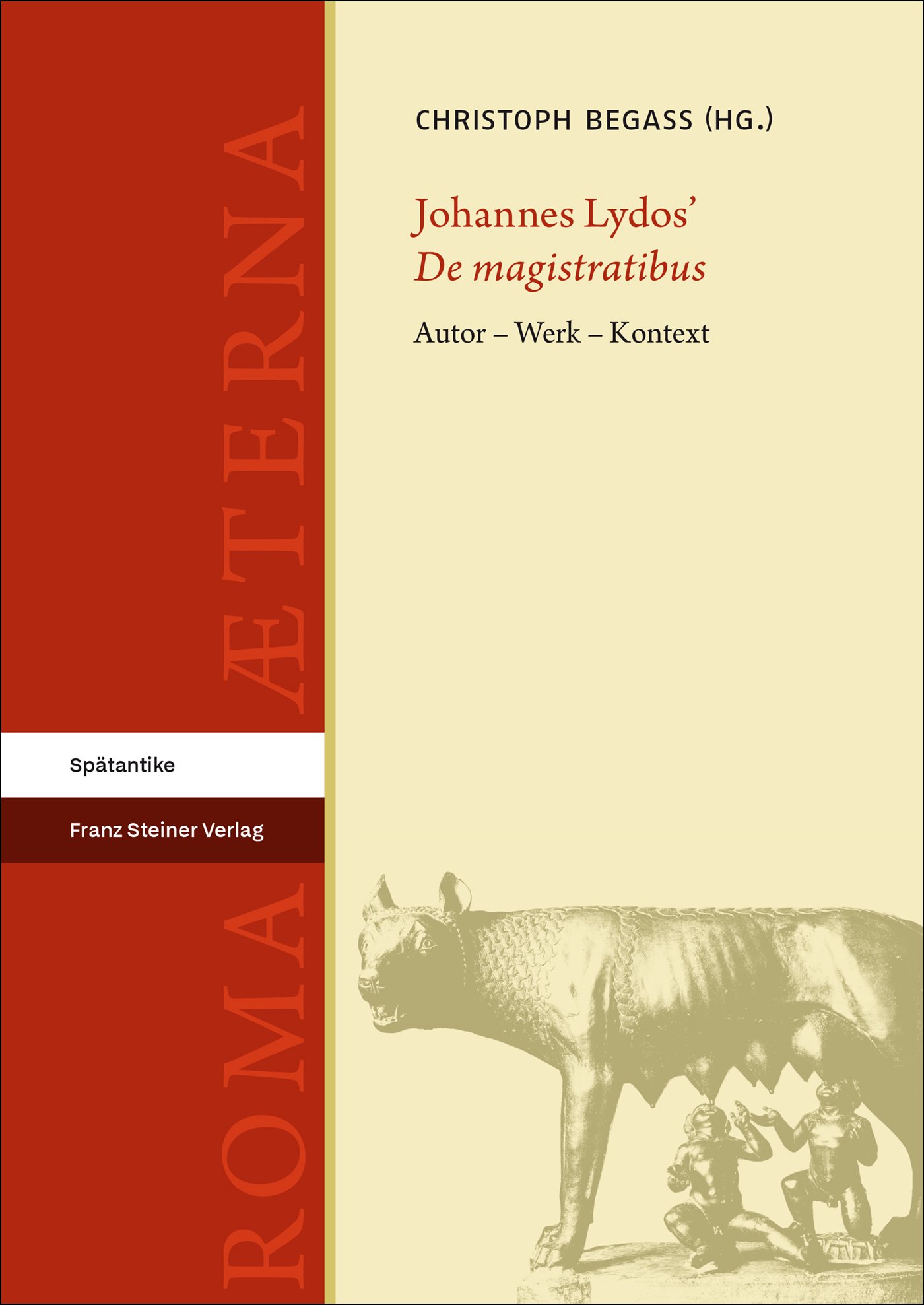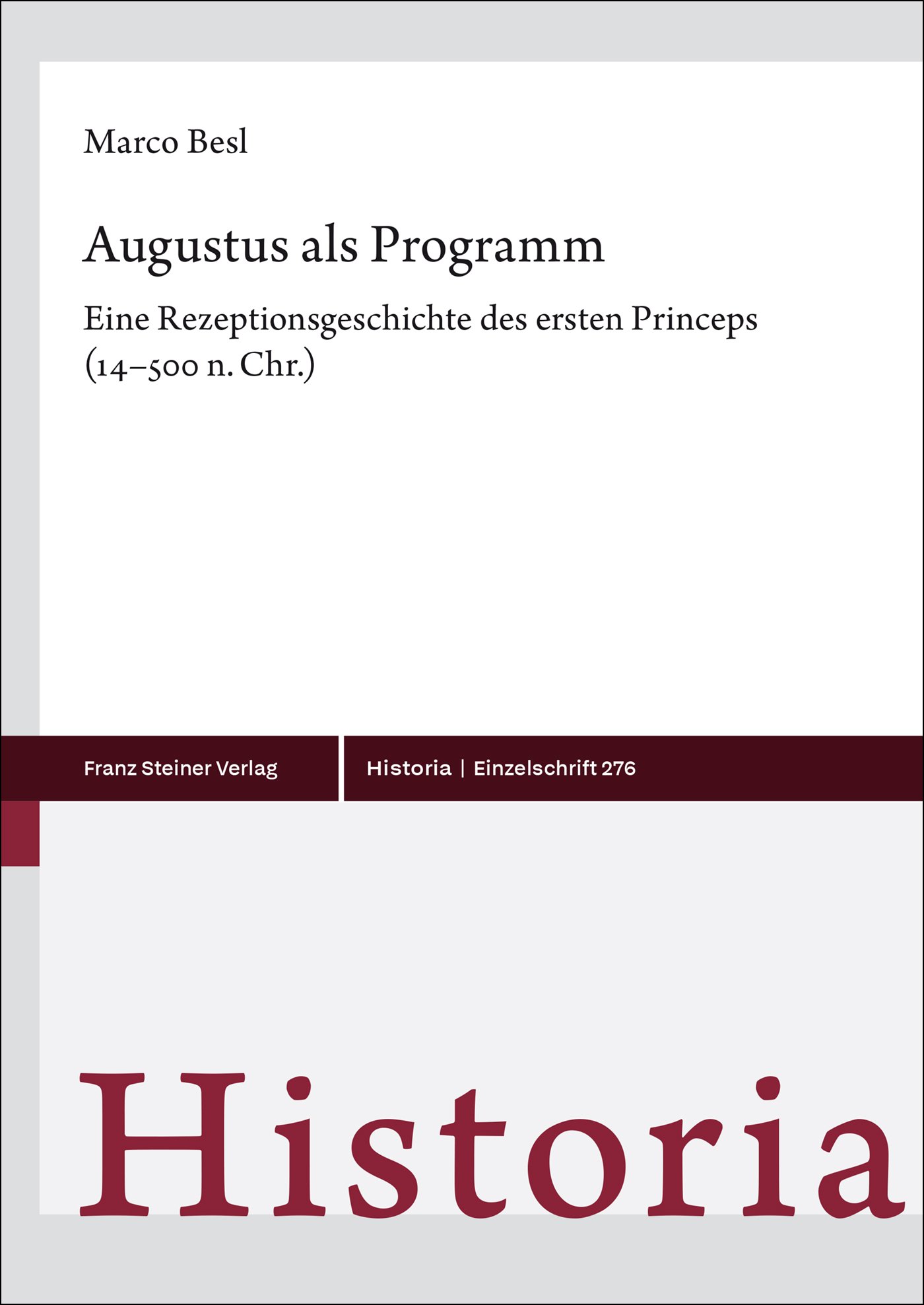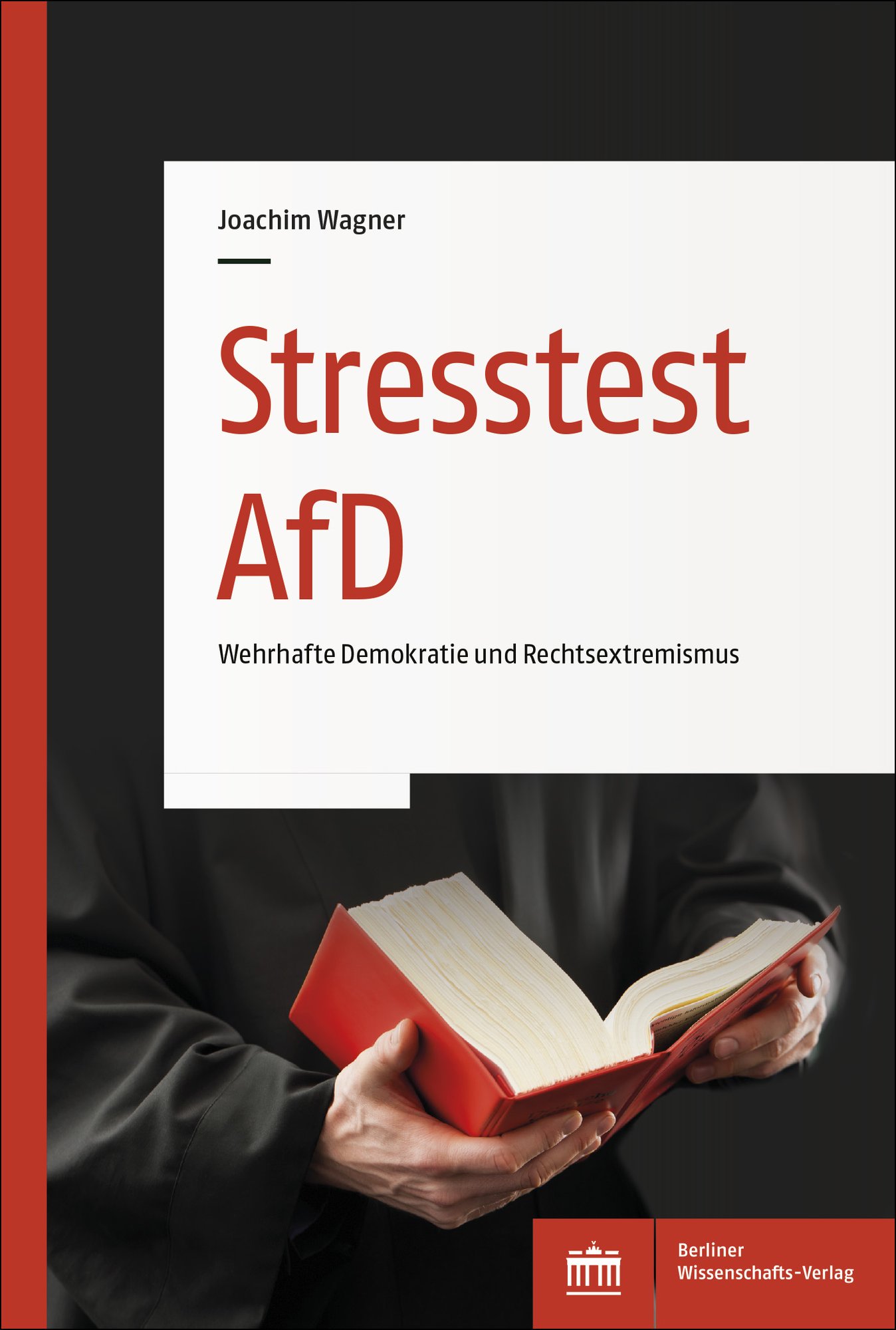-
Fachbereiche
- Altertumswissenschaften
- Prähistorie
- Geschichte
- Germanistik
- Komparatistik
- Romanistik
- Orientalistik
- Kunstgeschichte
- Musikwissenschaft
- Philosophie
- Bildungswissenschaften
- Geographie
- Rechtswissenschaften
- Öffentliche Verwaltung und Finanzen
- Politik- und Sozialwissenschaften
- Wirtschaftswissenschaften
- Veröffentlichungen der Akademien
- Sachbücher
- Schriftenreihen
- Zeitschriften
- Autorenbereich
- Service
- Über uns
Fachbereiche
Filter
-
98,00 €*
-
98,00 €*
-
92,00 €*
-
44,00 €*
-
44,00 €*
-
64,00 €*
-
64,00 €*
-
84,00 €*
-
62,00 €*
-
62,00 €*
-
46,00 €*
-
46,00 €*
-
74,00 €*
-
74,00 €*
-
64,00 €*
-
64,00 €*
-
58,00 €*
-
58,00 €*
-
110,00 €*
-
110,00 €*
-
66,00 €*
-
66,00 €*
-
50,00 €*
-
54,00 €*
-
54,00 €*
-
18,00 €*
-
24,00 €*
-
159,00 €*
-
159,00 €*
-
42,00 €*
-
42,00 €*
-
52,00 €*
-
52,00 €*
-
68,00 €*
-
68,00 €*
-
56,00 €*
-
56,00 €*
-
40,00 €*
-
40,00 €*
-
62,00 €*
-
62,00 €*
-
29,00 €*
-
29,00 €*
